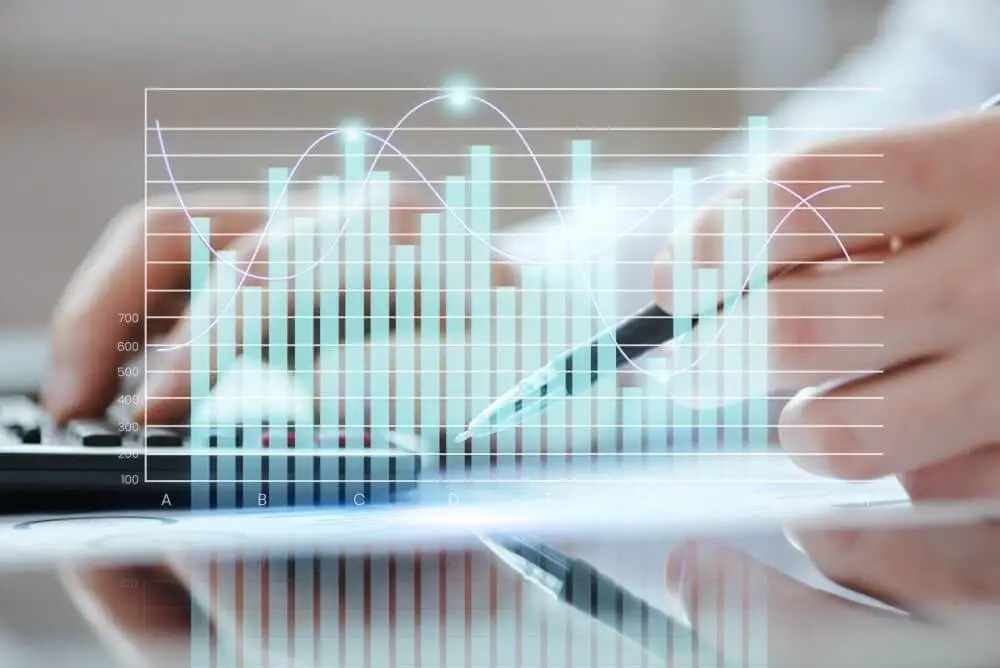The Tax Reform was enacted and now enters a new stage to put the proposed changes on paper.
But do you know what will actually change with the Tax Reform? In this material, we have separated 14 relevant points from the PEC.
Among the main proposed modernizations, we have the creation of the Value Added Tax (VAT) , which avoids cascading taxation.
With it, for example, the taxes paid by a steel seller will be deducted from the taxes paid by the car manufacturer who purchased the steel.
Continue reading and check out other changes!
- Maximum tax rate
The text does not define what can be called the maximum CBS and IBS rate, that is, the rate to be charged to sectors not benefiting from exemptions.
The two taxes will be established by complementary law. The CBS (federal) rate may be set by ordinary law and the IBS rate will be determined by states and municipalities.

By way of comparison, Hungary currently has the highest VAT rate in the world at 27%, followed by Sweden with 25% and Finland in third with 24%. (Source: Senate)
Tax Burden
Given the calculations made by the Senate, the country will not have an increase in the tax burden. To guarantee this, a “ reference lock ” was created so that new taxes can be reduced in 2030 and 2035 if there is an increase in the tax burden.
If, between 2027 and 2028, the average revenue from CBS and IS proportional to GDP is greater than the collection of PIS/PASEP, COFINS and IPI from 2012 to 2021, also in proportion to GDP, the CBS will be reduced.

If, from 2029 to 2033, the average revenue from CBS, IBS and IS proportional to GDP is greater than the collection from PIS/PASEP, COFINS, IPI, ISS and ICMS from 2012 to 2021, also in proportion to GDP, CBS and IBS will be reduced.

Other taxes
Other taxes, such as state IPVA and ITCMD, and municipal IPTU and Contribution on Public Lighting will also be changed.

4. Tax exemption and reduction

Other cases of reduction
Liberal professionals (services of an intellectual profession, of a scientific, literary or artistic nature, as long as they are subject to supervision by a professional council) will have a 30% reduction in CBS and IBS.
Specific regimes
In some segments, a specific regime will be used that will require a complementary law to define how taxation will be applied. Check out!

Management Committee
The IBS Management Committee will be made up of 27 members (1 from each state and DF) and another 27 representing the country’s municipalities.
It will be a public and independent entity whose main objective will be to reduce conflicts between federative entities.
Among its main competencies, we highlight: normative and administrative functions, decision-making on litigation, in addition to the collection and distribution of IBS between the states, DF and municipalities.
Compensation Fund
In relation to legal entities benefiting from ICMS tax incentives granted until 05/2023, the Tax Benefits Compensation Fund will be created.
The Fund’s objective is to compensate these companies until December 31, 2032 and it will receive contributions from the Union itself.

These tax incentives were part of the states’ strategy to attract companies, but as the Reform provides for taxation only at the place of consumption, the so-called “fiscal war” tends to lose strength.
Regional Development Fund
With the aim of mitigating the effects of the end of the fiscal war, the Reform provides for the creation of the National Regional Development Fund (FNDR), which will aim to reduce development imbalances between states.
The Fund will be contributed by the Union, and the states and DF must prioritize projects that include strategies and actions to preserve the environment.

70% of the resources will be distributed based on the criteria of the State Participation Fund (FPE) and the remainder will be by number of inhabitants.
Transition phase

–> Important : the rules for distributing IBS to states and municipalities will last around 50 years.
luxury goods
Another change brought about by the Tax Reform is the charging of taxes on the use of luxury goods, as in the cases of:

This change will not apply to agricultural aircraft and vessels used in water transport and fishing.
Environment
Environmental preservation was a point taken into consideration in the Reform PEC. The Ecological IBS and the Selective Tax were created, which take into account criteria of harmfulness to health and the environment.
Another possibility is the creation, through a complementary law, of the Sustainable Development Fund for the States of the Western Amazon and Amapá. Furthermore, fuels from sustainable sources will continue to be taxed less than those of fossil origin.
Cesta básica
The “National Basic Food Basket” will be tax-free.
The products that will be part of the modality have not yet been defined, this will be done through a complementary law. This determination must take into account regional and cultural diversity.
Churches and temples
Another change brought about by the text approved in the Senate is related to churches and temples. Currently, art. 150 of the Constitution prohibits the Public Power from imposing taxes on “temples of any nature”.
With the Reform, this would be expanded to “religious entities, temples of any cult, including assistance and charitable organizations”.
Possible economica growth
According to estimates by the Ministry of Finance, the Tax Reform, over the next 15 years, could generate growth of 12% to 20% for the country’s economy, in addition to stimulating the development of sectors such as agribusiness, industry and services.
Still according to the government, these changes could bring 7 to 12 million new jobs and increase the purchasing power of the Brazilian population.
–> read also: “Reforma tributária 2023: contextualização e principais pilares”
Did you like the content? We hope he has clarified the main points of the Tax Reform! If you have any questions, click here and talk to our team of experts.








